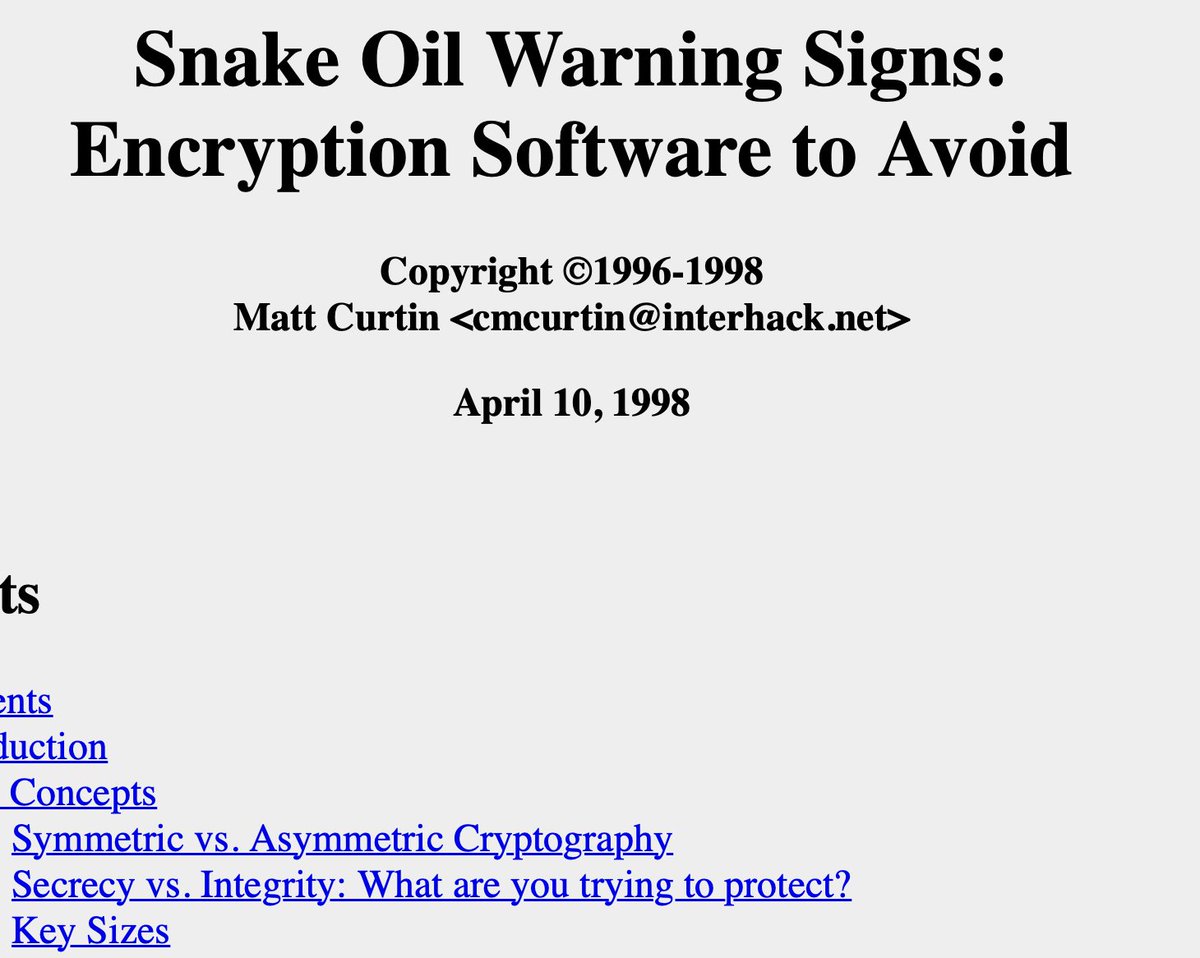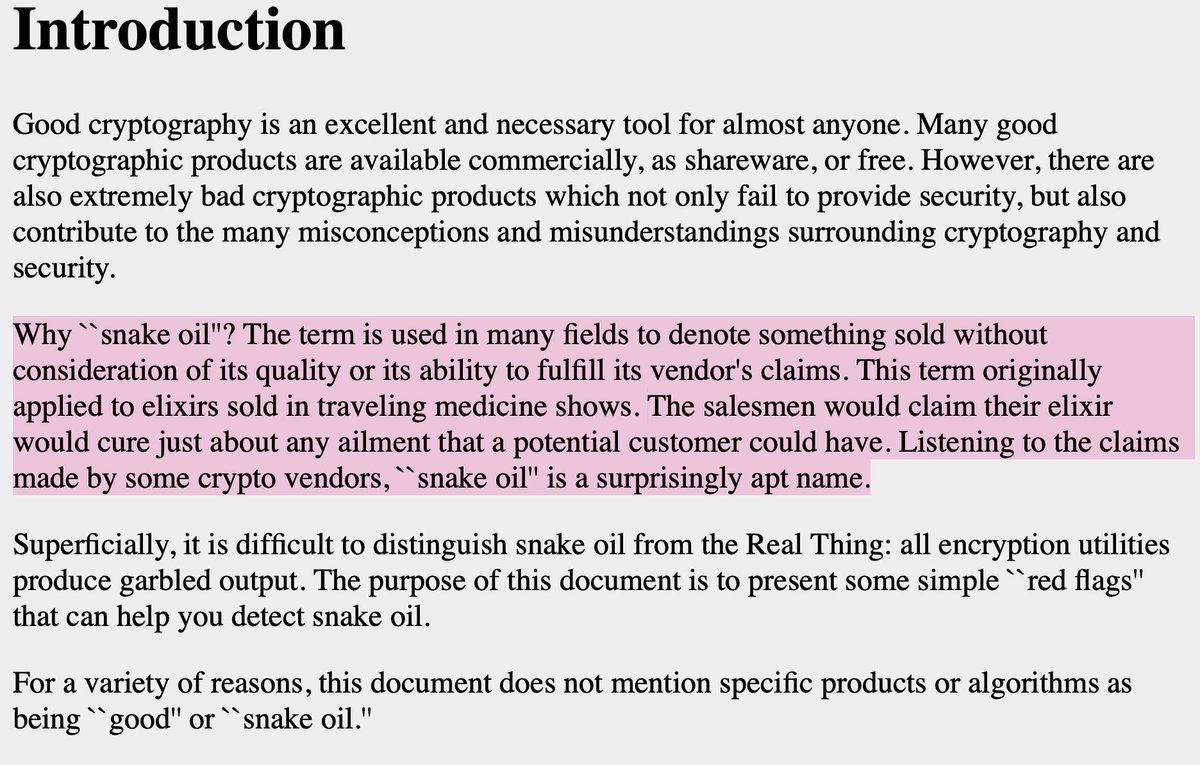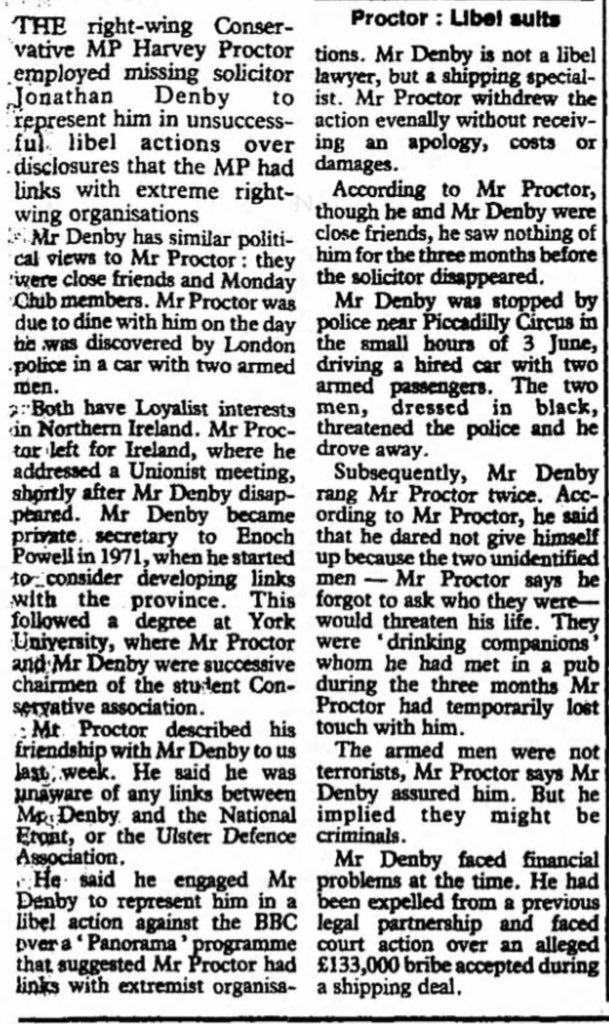hansard.parliament.uk/lords/2018-03-…
Brexit is the single most disastrous peacetime decision that we have taken since at least the end of the 19th century when we failed to offer effective home rule to southern Ireland. Indeed, I am inclined to think that Brexit is even graver than that.
I do not think that the referendum of 2016 was authority for Britain to leave the European Union, whatever the terms or in the absence of terms. The electorate neither could nor did know what the outcome of the negotiations would be.
In my view, the proper interpretation of the referendum is that it was an instruction to the Government to negotiate the best exit terms that could be achieved.
However, that leaves open the fundamental question of who will determine whether the terms, or the absence of terms, are an acceptable basis for leaving the European Union.
In my view, the only proper answer to that question is that it is for Parliament to make that decision, and, if Parliament thinks it appropriate, the decision should be tested or ratified by a decision of the electorate expressed in a second referendum.
In most political careers, and certainly my own, party and national interests are not seen to be dramatically divergent. Occasionally, they are.
The debate in 1940 which led to the fall of Chamberlain is perhaps the most dramatic of recent examples. Going back in history, the decision of Sir Robert Peel in 1846 to repeal the corn laws was another. I happen to believe that we now face another such moment.
None of us should put party interest before our assessment of what is right for our country. Our decisions may lead to the fragmentation of existing party structures—I hope not—but our duty is to put our country first.
Whatever the cost to our respective parties, we must give Parliament the decisive say on the outcome of these negotiations.







